Do you have a desire to be closer to nature? Take a botany class and gain a deeper understanding of how plants connect us to the natural world. Botanical studies explore all aspects of plant growth and development, plant communities, and the role of plants in ecosystems. At the everyday level, botany can be your gateway to herbal healing, foraging for wild edibles, cross-cultural understanding, or just a deeper appreciation of nature's seasonal beauty.
Click here for an overview of the Certificate Program.
February
|
|
|
|
Among
Earth's
most
amazing
and
oldest
living
organisms,
lichens
grow
on
bark,
rock,
and
barren
soil.
They
thrive
in
rain
forests,
deserts,
the
arctic-even
environments
simulating
Mars!
Lichens
are
sensitive
environmental
indicators,
yet
scientists
are
only
just
beginning
to
understand
more...
|
|
263BOT313
|
02/12
|
Th
|
10:00am-1:00pm
|
Howland
|
NYBG
|
|
|
|
|
Discover
the
fascinating
world
beneath
the
soil
by
exploring
the
botanical
intricacies
of
geophytes—commonly
known
as
"earth
plants".
From
the
layered
architecture
of
bulbs
and
tubers
(such
as
tulips
and
potatoes)
to
the
stealthy
spread
of
rhizomes
(think
ginger
or
more...
|
|
263BOT370O
|
02/17
|
Tu
|
10:00am-1:00pm
|
Bijkerk
|
ONLINE
|
|
|
|
|
Scientists
have
engineered
so
many
new
products
from
mycelium
that
Scientific
American
heralds
the
dawn
of
the
"Mycelium
Revolution"
and
Harper's
Bazaar
dubs
fungi
"The
Future
of
Fashion."
Explore
how
scientists
have
harnessed
mycelium's
ability
to
create
complex
structures
that
more...
|
|
263BOT349O
|
02/24
|
Tu
|
6:00pm-7:30pm
|
Michelotti
|
ONLINE
|
March
|
|
|
|
Get
a
solid
grounding
in
the
basic
plant
body-from
the
cell
to
the
roots,
stems,
leaves,
flowers,
and
fruit.
We'll
use
dissecting
and
compound
light
microscopes
to
observe
plant
anatomy,
then
introduce
the
base-level
chemistry
required
to
understand
the
world
more...
|
|
263BOT315DO
|
03/01
|
Su
|
10:00am-1:00pm
|
Bijkerk
|
ONLINE
|
|
|
|
|
Lichens are among the most unique, resilient organisms on Earth—and among the least understood. In this class, you'll explore the identification, natural history, and ecology of lichens of the Northeast, especially those in the NYC area.
|
|
263BOT365
|
03/01
|
Su
|
11:00am-2:00pm
|
Rao
|
NYBG
|
|
|
|
|
Take
your
knowledge
of
botanical
nomenclature
to
the
next
level.
In
this
course,
you'll
look
closely
at
plants
to
better
understand
and
identify
their
diversity
and
similarities.
Examining
plant
structures
can
seem
tricky,
as
some
resemble
each
other
but
belong
more...
|
|
263GAR366O
|
03/03
|
Tu
|
10:30am-12:30pm
|
Bakshi
|
ONLINE
|
|
|
|
|
Discover how trees communicate via chemical signals in the air (to warn of insect attacks) and transfer nutrients to one another through complex underground fungal networks (sometimes to assist sick trees).
|
|
263BOT385BO
|
03/05
|
Th
|
6:00pm-8:00pm
|
Herrera
|
ONLINE
|
|
|
|
|
Discover the many herbs and spices prized for centuries to heal, to revitalize the immune system, and to treat and prevent asthma, insomnia, flu, and more.
|
|
263BOT346BO
|
03/07
|
Sa
|
11:00am-1:00pm
|
Candee
|
ONLINE
|
|
|
|
|
This is the class for plant-lovers eager to up their game! Learn the terminology and basic botanical nomenclature that will help you recognize and describe key differences in common plants.
|
|
263BOT308EO
|
03/13
|
Fr
|
11:00am-1:00pm
|
Bucuvalas
|
ONLINE
|
|
|
|
|
We will cover the role of plant hormones in growth and development, as well as plant movement, water transport through the plant body, and plant metabolism, including photosynthesis and respiration (anaerobic and aerobic).
|
|
263BOT316
|
03/17
|
Tu
|
4:00pm-7:00pm
|
Alvarez
|
NYBG
|
|
|
|
|
Why
do
some
species
have
smooth
bark,
while
on
others
it
is
thick
and
broken?
Why
does
bark
peel?
The
traits
typically
used
to
describe
trees—leaves,
twigs,
and
buds—are
often
hard
to
see
or
seasonally
absent.
Bark,
on
the
other
more...
|
|
263BOT426
|
03/21
|
Sa
|
10:30am-3:30pm
|
Wojtech
|
NYBG
|
|
|
|
|
Discover
how
fungi
are
being
used
to
degrade
pollutants
and
clean
up
the
environment
by
filtering
water,
removing
heavy
metals
from
soil,
remediating
microbes,
and
breaking
down
plastics.
Mycologist
John
Michelotti
will
discuss
current
mycoremediation
efforts
around
the
world—including
his
more...
|
|
263BOT298O
|
03/24
|
Tu
|
11:00am-1:00pm
|
Michelotti
|
ONLINE
|
April
|
|
|
|
Build
your
confidence
and
ability
to
discover
the
normally
invisible
(&
fascinating!)
aspects
of
plants,
fungi,
lichens,
slime
molds,
spores,
and
other
plant
specimens
using
microscopes.
In
this
course,
you'll
learn
the
optical
principles
of
microscopy
and
become
comfortable
with
more...
|
|
264BOT398
|
04/10
|
Fr
|
11:00am-2:00pm
|
Sadowski
|
NYBG
|
|
|
|
|
Witness
the
diversity
of
plants
in
the
northeast
as
they
flower
and
set
seed
in
rapid
succession.
Follow
the
bloom
sequence
of
spring
wildflowers,
shrubs
and
trees
during
this
much
anticipated
season
of
rebirth.
Learn
to
identify
native
plants
using
more...
|
|
264BOT333
|
04/11
|
Sa
|
11:00am-2:00pm
|
Slowik
|
NYBG
|
|
|
|
|
This is the class for plant-lovers eager to up their game! Learn the terminology and basic botanical nomenclature that will help you recognize and describe key differences in common plants.
|
|
264BOT308AO
|
04/12
|
Su
|
10:00am-12:00pm
|
Sparreo
|
ONLINE
|
|
|
|
|
Have
you
heard?
Botanizing
is
the
new
birding!
Join
Let's
BotanizeŽ
co-founders,
Ben
Goulet-Scott,
Ph.D.,
and
Jacob
S.
Suissa,
Ph.D.
for
a
botanizing
walk
through
NYBG.
Through
their
non-profit
work
and
new
book,
Let's
Botanize:
101
Ways
to
Connect
with
more...
|
|
264BOT282
|
04/14
|
Tu
|
1:30pm-3:30pm
|
Botanize
|
NYBG
|
|
|
|
|
A
care
for
plants
is
a
care
for
the
planet,
say
Ben
Goulet-Scott,
Ph.D.,
and
Jacob
S.
Suissa,
Ph.D.,
who
are
co-founders
of
Let's
BotanizeŽ—an
educational
non-profit
promoting
the
hobby
of
botanizing
by
spreading
curiosity,
knowledge,
and
appreciation
of
plants
more...
|
|
264LEC206
|
04/14
|
Tu
|
11:00am-12:00pm
|
Botanize
|
MERTZLIBRARY
|
|
|
|
|
How
do
plants
grow
and
develop?
In
this
class,
you'll
study
the
cellular
and
molecular
aspects
that
drive
the
development
of
land
plants.
Explore
major
evolutionary
innovations
as
you
analyze
the
diversity
of
structures
throughout
each
developmental
phase
and
the
more...
|
|
264BOT380
|
04/15
|
We
|
6:00pm-9:00pm
|
Pierdona
|
NYBG
|
|
|
|
|
Explore
the
basics
of
ethnobotany,
supplemented
by
stories
and
data
gleaned
from
his
own
fieldwork.
Discover
how
selected
plant
resources
are
used
by
traditional
and
postindustrial
cultures
today,
as
well
as
how
plants
have
been
used
historically
for
healing
and
more...
|
|
264BOT344O
|
04/19
|
Su
|
10:00am-12:00pm
|
Halane
|
ONLINE
|
|
|
|
|
Learn to identify the native and naturalized trees, shrubs, and woody vines of the Northeast by their vegetative characteristics using their scientific and common names. You'll also hone your ability to use taxonomic keys and field guides.
|
|
264BOT375BL
|
04/21
|
Tu
|
6:00pm-8:00pm
|
Grumm
|
BLENDED
|
|
|
|
|
As
the
mushroom
season
awakens,
discover
how
and
where
to
hunt
for
Oysters,
Inky
Caps,
Wine
Caps,
Dryad's
Saddle,
Reishi,
and
the
early
spring
Chicken
Mushroom.
Even
the
elusive
Morels
occur
throughout
the
metropolitan
region,
and
spring
is
the
ideal
more...
|
|
264BOT330
|
04/22
|
We
|
10:00am-1:00pm
|
Sadowski
|
NYBG
|
|
|
|
|
Japanese
knotweed
is
one
of
the
most
versatile
ingredients
in
the
forager's
spring
pantry
and
one
of
the
most
invasive
plants
in
the
U.S.
today.
In
this
walk-and-talk,
we'll
discuss
the
best
time
and
way
to
harvest
it,
its
use
more...
|
|
264CKG220
|
04/23
|
Th
|
11:00am-1:00pm
|
Bimwala
|
NYBG
|
|
|
|
|
Join
herbalist
and
foraging
expert
Journei
Bimwala
for
an
immersive
walk
through
spring's
edible
landscape.
Using
sight,
touch,
smell,
and
taste,
you'll
learn
to
identify,
harvest,
and
understand
the
deeper
meaning
of
wild
plants-their
cultural
significance,
medicinal
power,
and
culinary
more...
|
|
264CKG245
|
04/30
|
Th
|
11:00am-2:00pm
|
Bimwala
|
NYBG
|
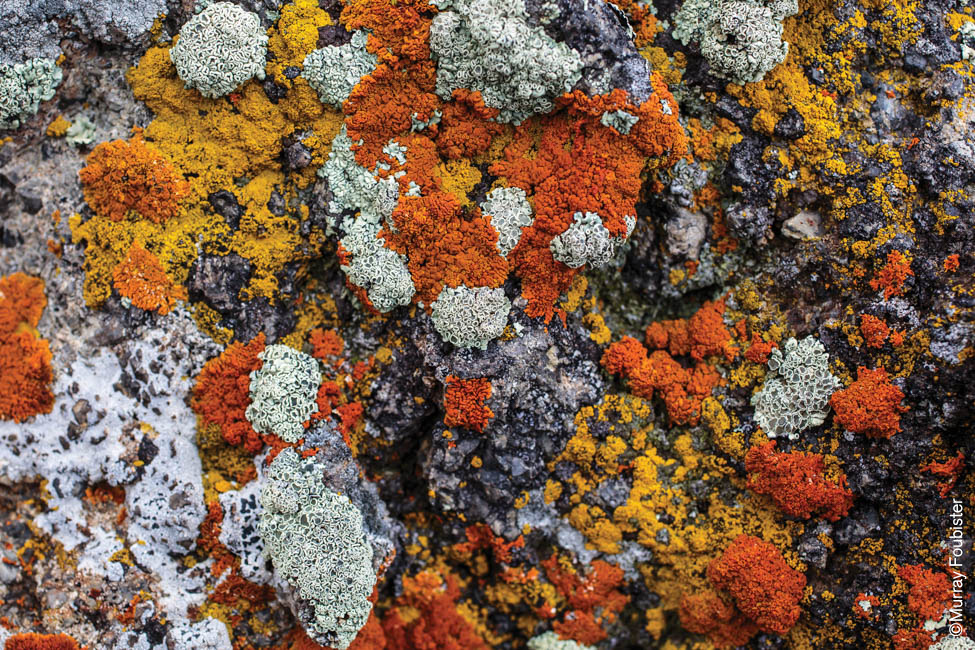


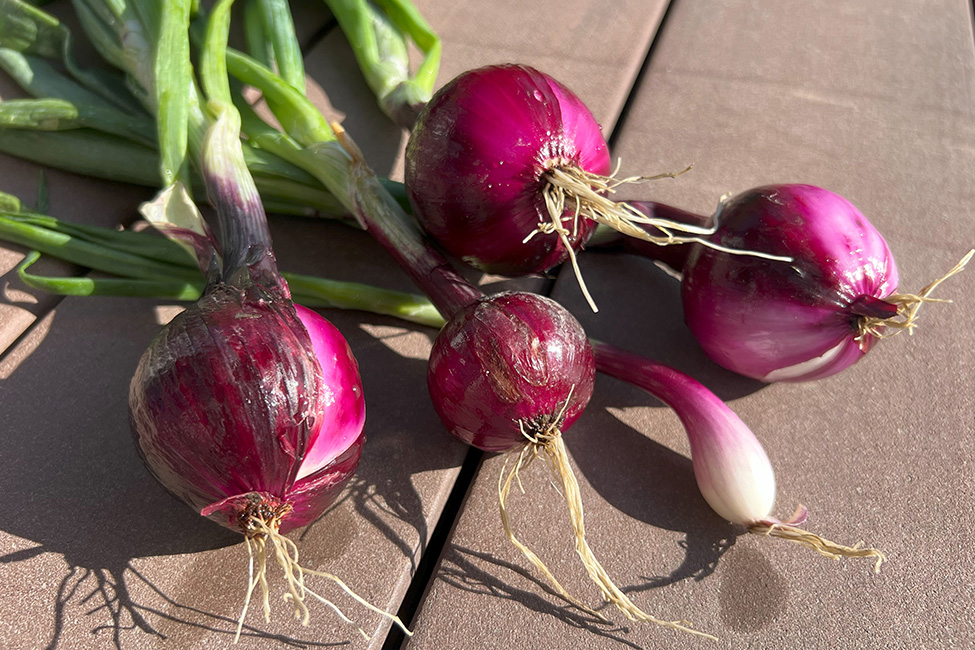


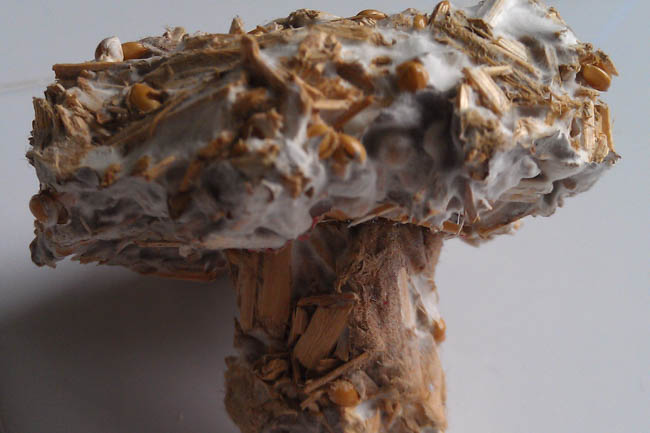


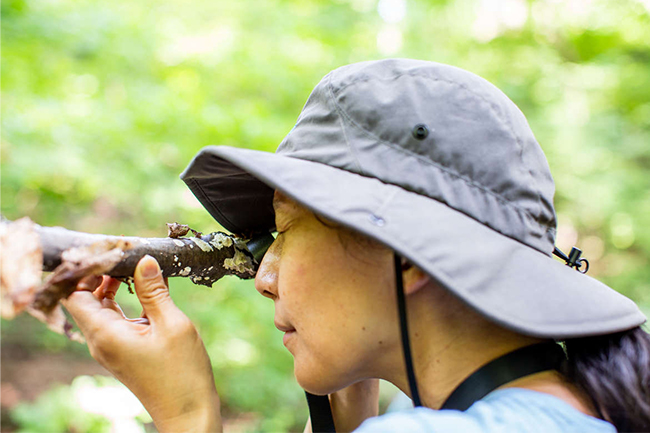


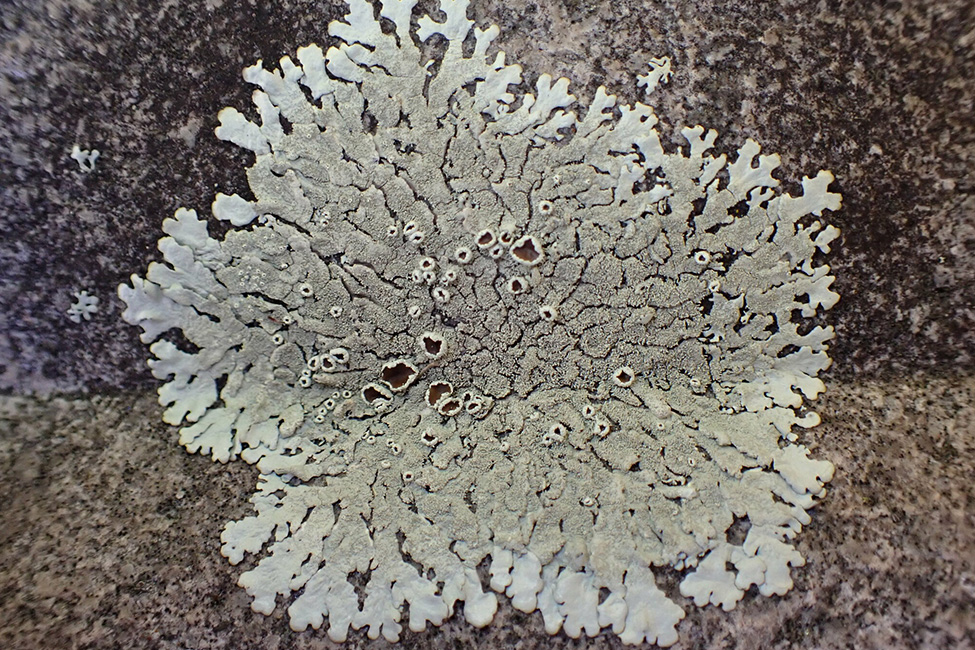


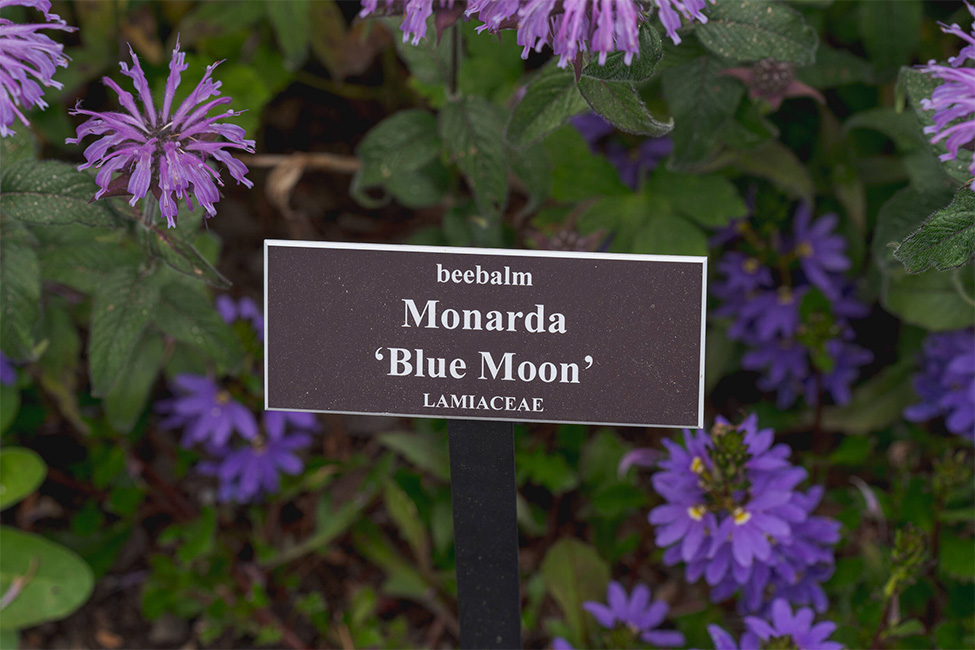


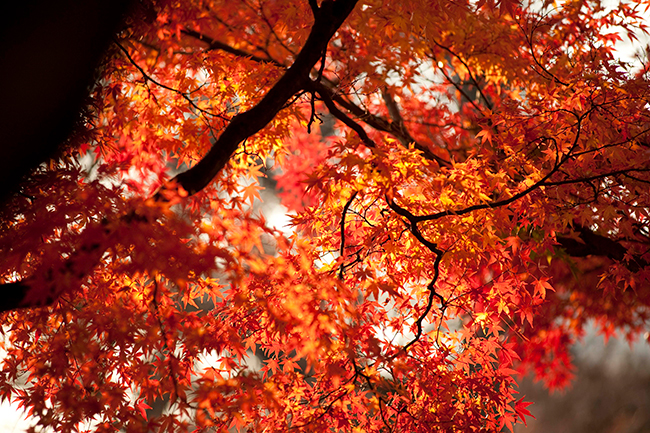


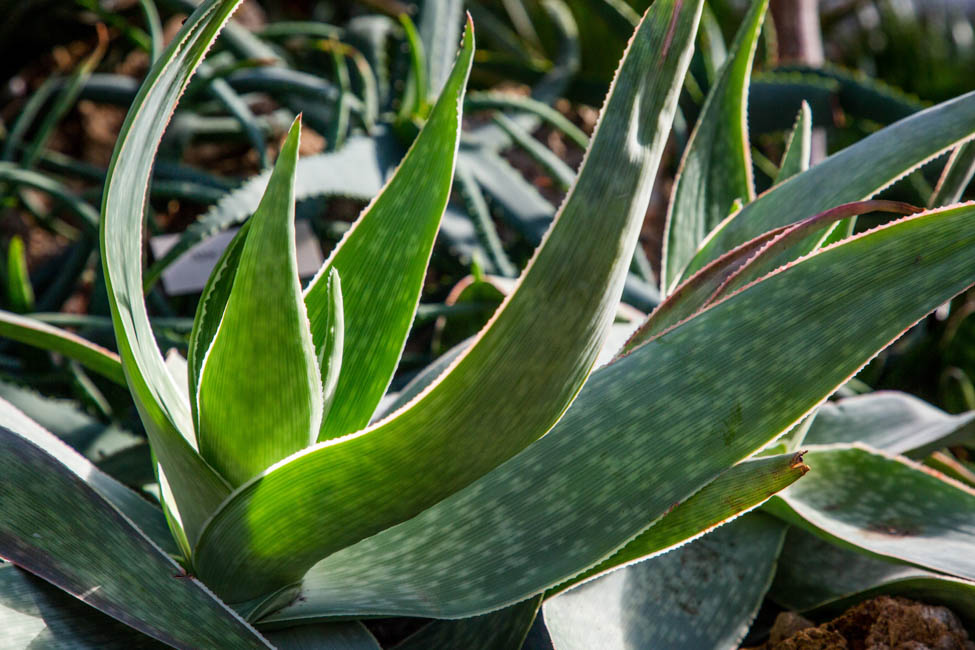


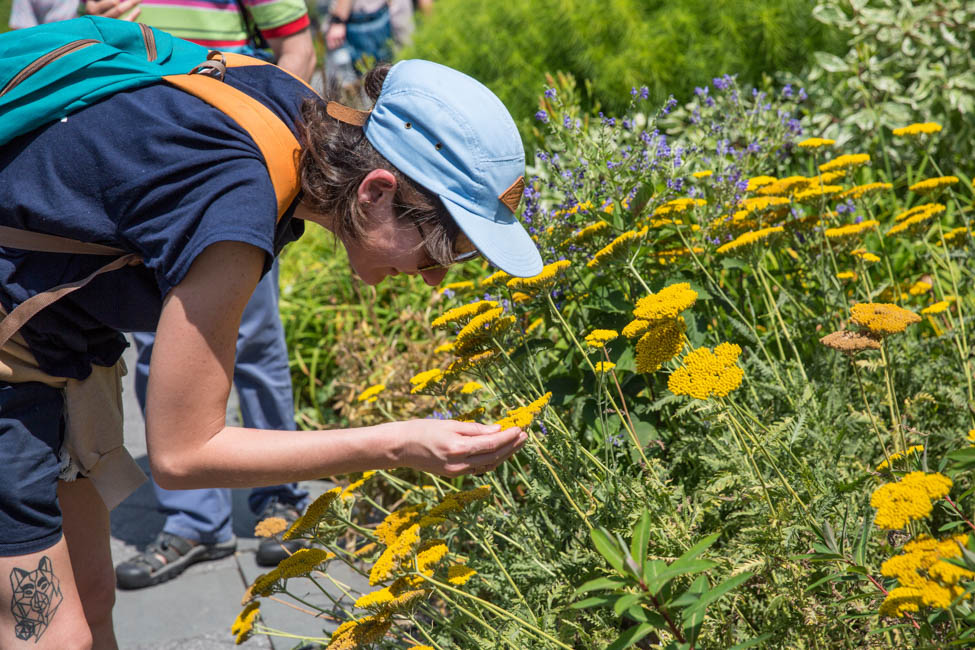


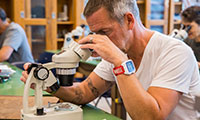


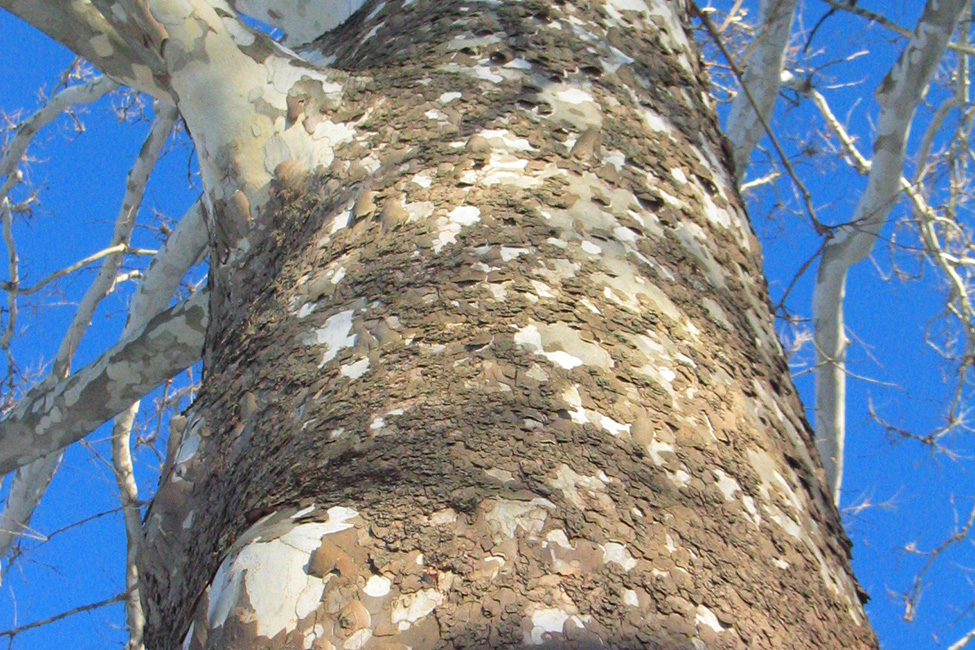


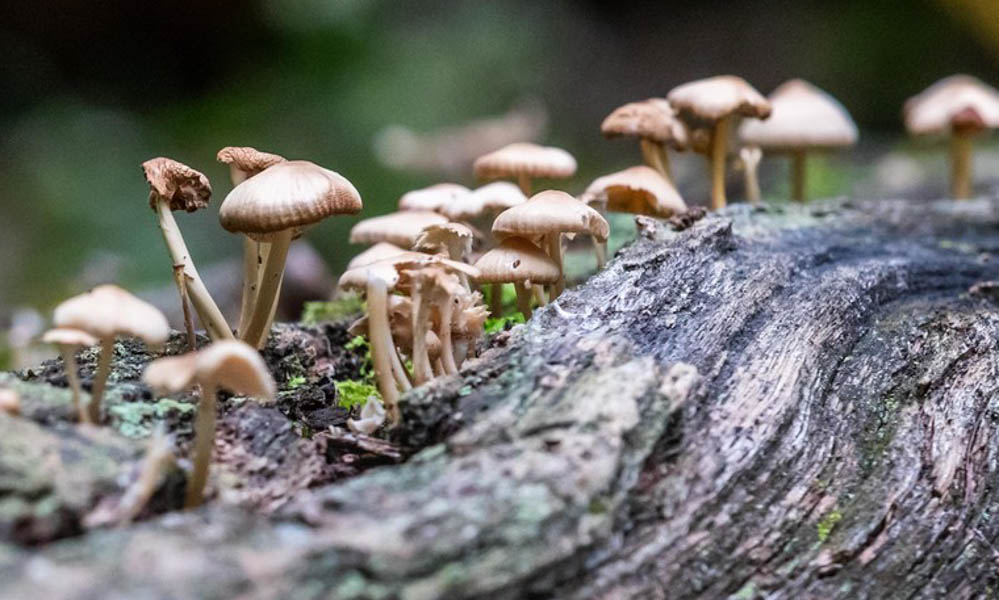


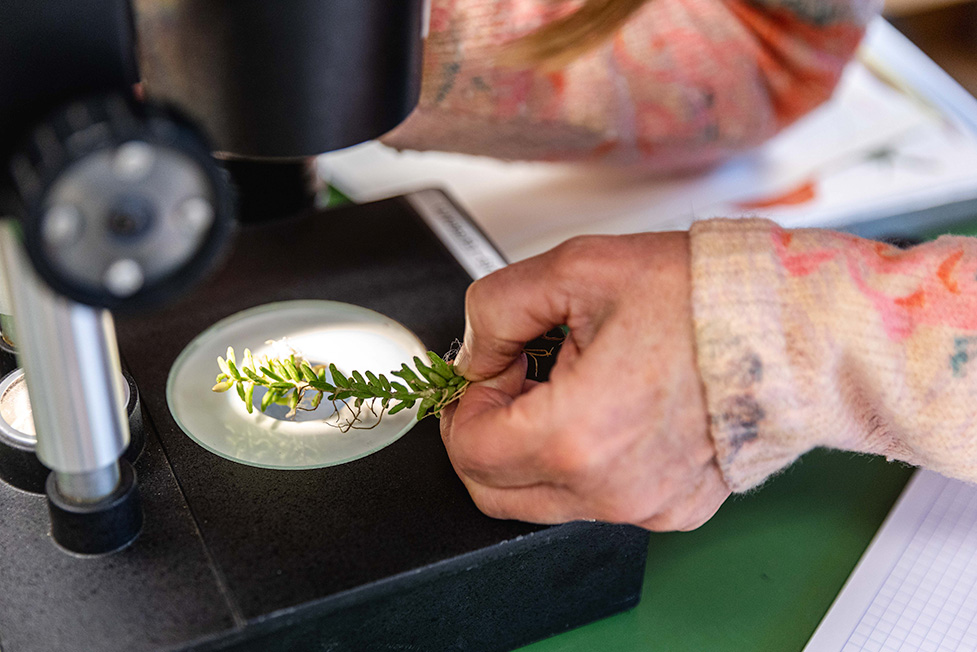


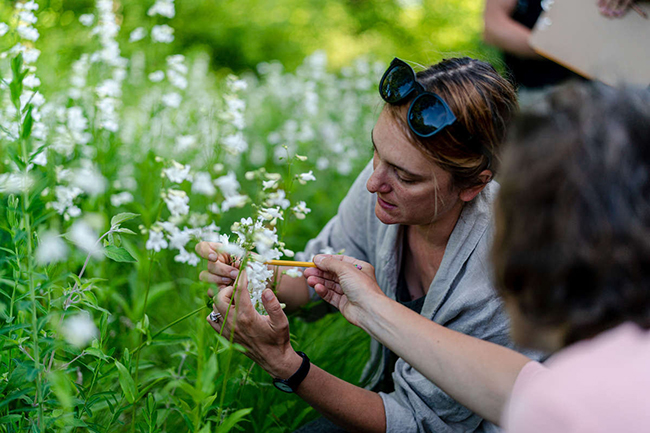














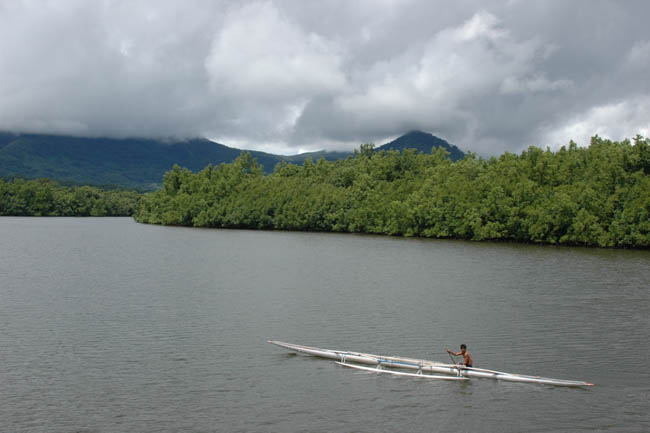


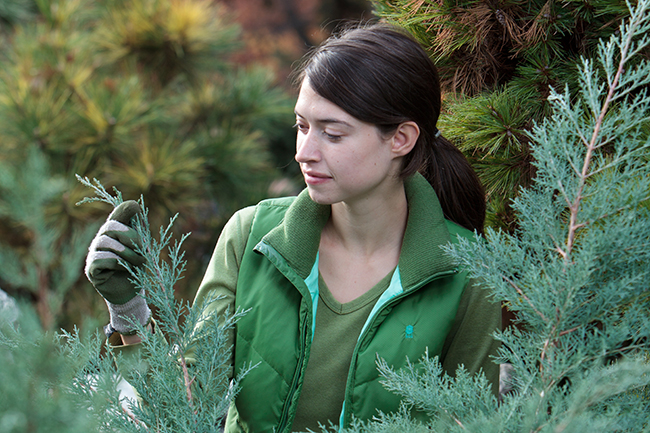


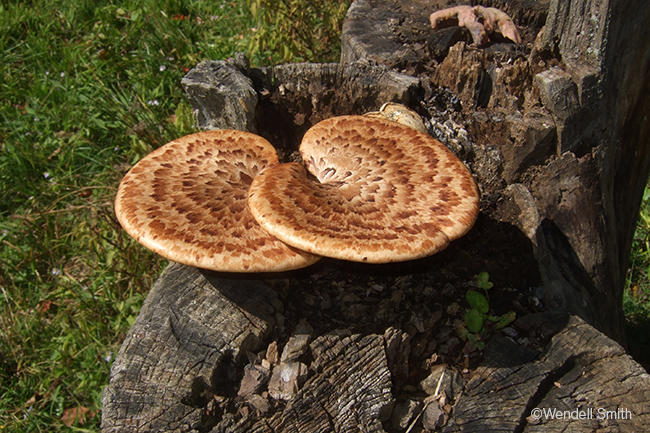





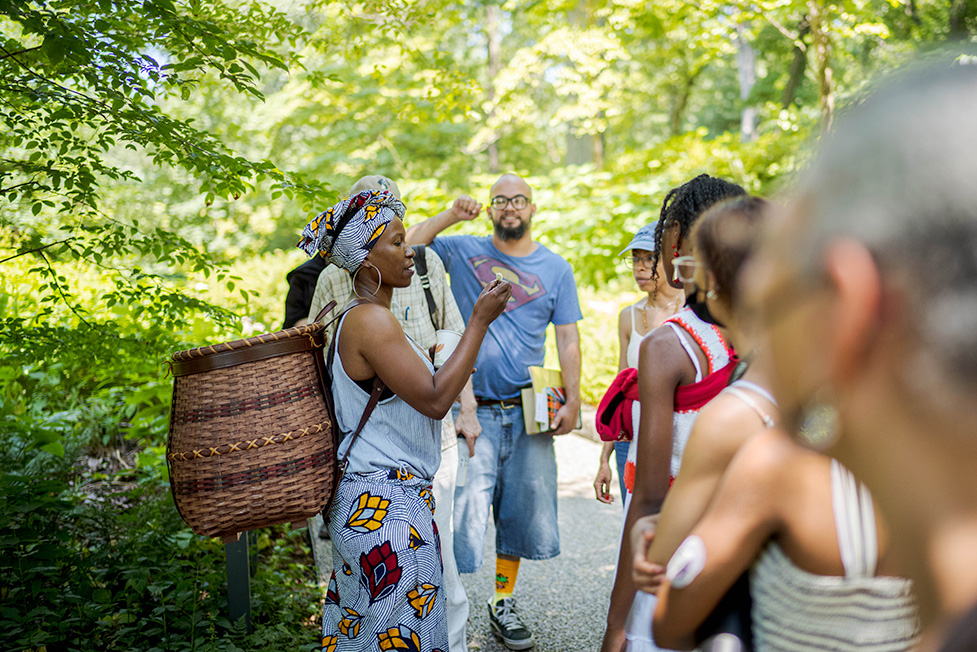



 Cart (0)
Cart (0)
